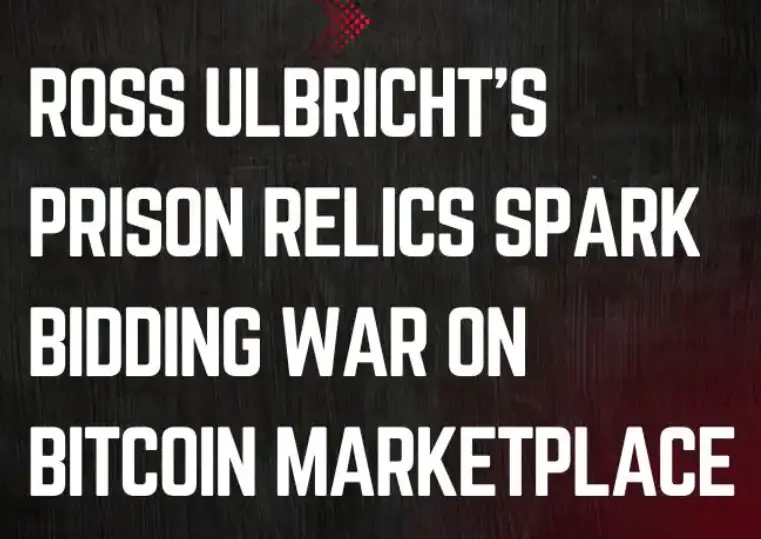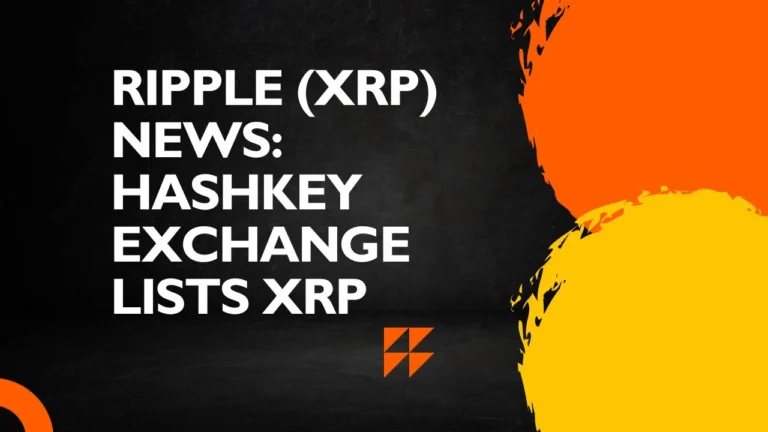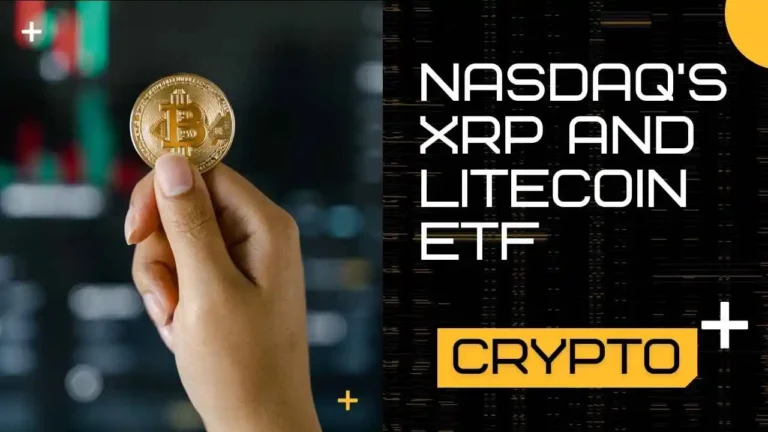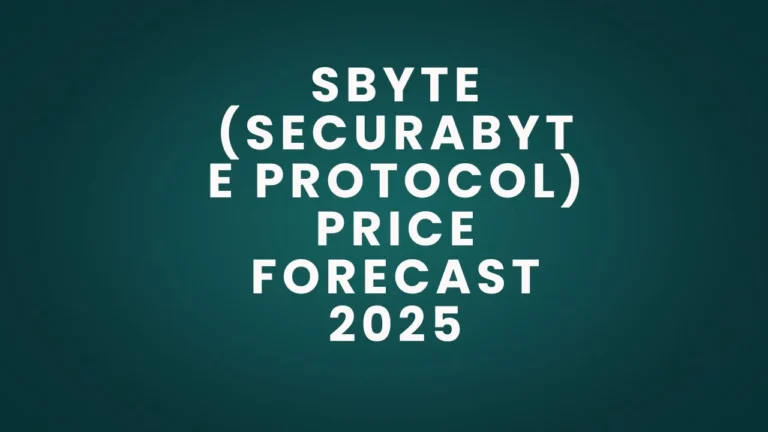Ross Ulbricht’s Prison Relics Spark Bidding War on Bitcoin Marketplace
Introduction to Ross Ulbricht’s Auction Frenzy
Ross Ulbricht, the infamous founder of the Silk Road marketplace, has once again captured the crypto world’s attention. After his release from prison in January 2025, following a pardon by U.S. President Donald Trump, Ulbricht announced an auction of personal belongings on Scarce City, a Bitcoin-powered collectibles marketplace. The collection, featuring pre-arrest items like a djembe drum and prison mementos like ID cards and artwork, sparked a fierce bidding war, with one prison ID fetching 11 BTC ($1.16 million). Why are these artifacts commanding such high prices, and what do they reveal about Ulbricht’s legacy and the crypto community? This article dives into the phenomenon, exploring the auction’s impact, Ulbricht’s enduring influence, and the growing trend of crypto collectibles.
The Ross Ulbricht Collection: What’s Up for Grabs?
On May 13, 2025, Ulbricht revealed plans to auction 13 personal items on Scarce City, marking his transition to a new chapter after 12 years in prison. The collection, showcased at the Bitcoin 2025 conference in Las Vegas, includes artifacts from two distinct phases of his life:
Pre-Arrest Items: A djembe drum, a down sleeping bag, a backpack, and Vibram FiveFingers shoes, all used by Ulbricht before his 2013 arrest in San Francisco.
Prison Mementos: Three prison ID cards (2019–2021, 2021–2024, 2024–2025), a prison sweatsuit, sneakers, a laundry bag, a cell lock, a notebook, and three oil paintings created in collaboration with fellow inmate Omega.
The auction, which closed on May 29, 2025, saw intense interest, with bids totaling over 0.2875 BTC ($31,500) days before the deadline. The standout sale was Ulbricht’s 2024–2025 prison ID card, which sold for 11 BTC ($1.16 million), while two other IDs fetched 1.01 BTC and 0.99 BTC, respectively.
Why the Bidding War? The Allure of Ulbricht’s Artifacts
The frenzy surrounding Ulbricht’s relics stems from his unique status in the crypto world and the cultural significance of his story:
Historical Significance: As the creator of Silk Road, Ulbricht pioneered Bitcoin’s use as a currency for anonymous transactions, cementing its early adoption. His artifacts are seen as relics of a pivotal moment in crypto history, akin to owning a piece of the internet’s early days.
Libertarian Symbolism: Ulbricht’s harsh double-life sentence for non-violent crimes made him a cause célèbre among libertarians and crypto advocates, who view him as a victim of government overreach. His pardon by Trump, a pro-crypto president, amplifies this narrative.
Scarcity and Authenticity: Hosted on Scarce City, a Bitcoin-native platform using the Lightning Network, the auction ensures authenticity via the Bitcoin blockchain. The limited supply of 13 items, coupled with Ulbricht’s personal story, drives collector demand.
Sentimental Value: Items like the djembe drum and prison notebook carry emotional weight, reflecting Ulbricht’s journey from a free-spirited entrepreneur to a prison artist. His oil paintings, created with inmate Omega, showcase resilience and creativity under confinement.
Posts on X reflect the crypto community’s excitement, with users like @CryptoXpresso marveling at the million-dollar bids for items like a prison ID card, calling it a “wild” moment for Bitcoin collectibles.
Scarce City: The Bitcoin Marketplace Fueling the Hype
Scarce City, the platform hosting Ulbricht’s auction, is a Bitcoin-native marketplace specializing in rare collectibles and NFTs secured by the Bitcoin blockchain







